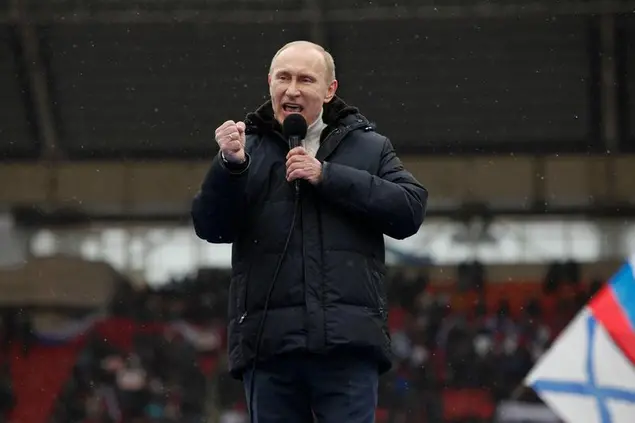- Con la più importante riforma dello stato russo dal 1999, passata la scorsa settimana, Vladimir Putin lascia ai posteri un regime molto più autoritario di quello trovato due decenni fa.
- La legge colpisce innanzitutto i governatori regionali russi. Nonostante le elezioni dei leader delle entità territoriali siano dirette, il presidente potrà oramai, senza dare spiegazioni, licenziarli per sopravvenuta ‘mancanza di fiducia’ .
- Il sistema di potere e controllo sulle periferie disegnato dalla legge, all’apparenza efficiente, ha in effetti un limite fondamentale: la sua rigidità. Se il processo di ricentralizzazione era stato più o meno informale e negoziabile secondo i territori, ora l’intera architettura statale russa è retta da, e si basa su, la legittimità personale del presidente.
Russia, con la riforma dei poteri dello stato ora tutto è in mano a Putin

29 dicembre 2021 • 19:47Aggiornato, 29 dicembre 2021 • 19:56